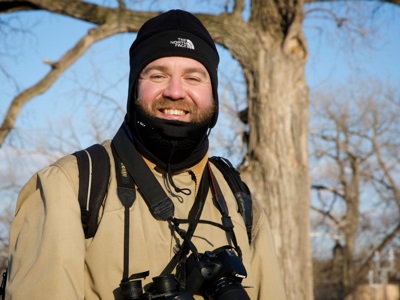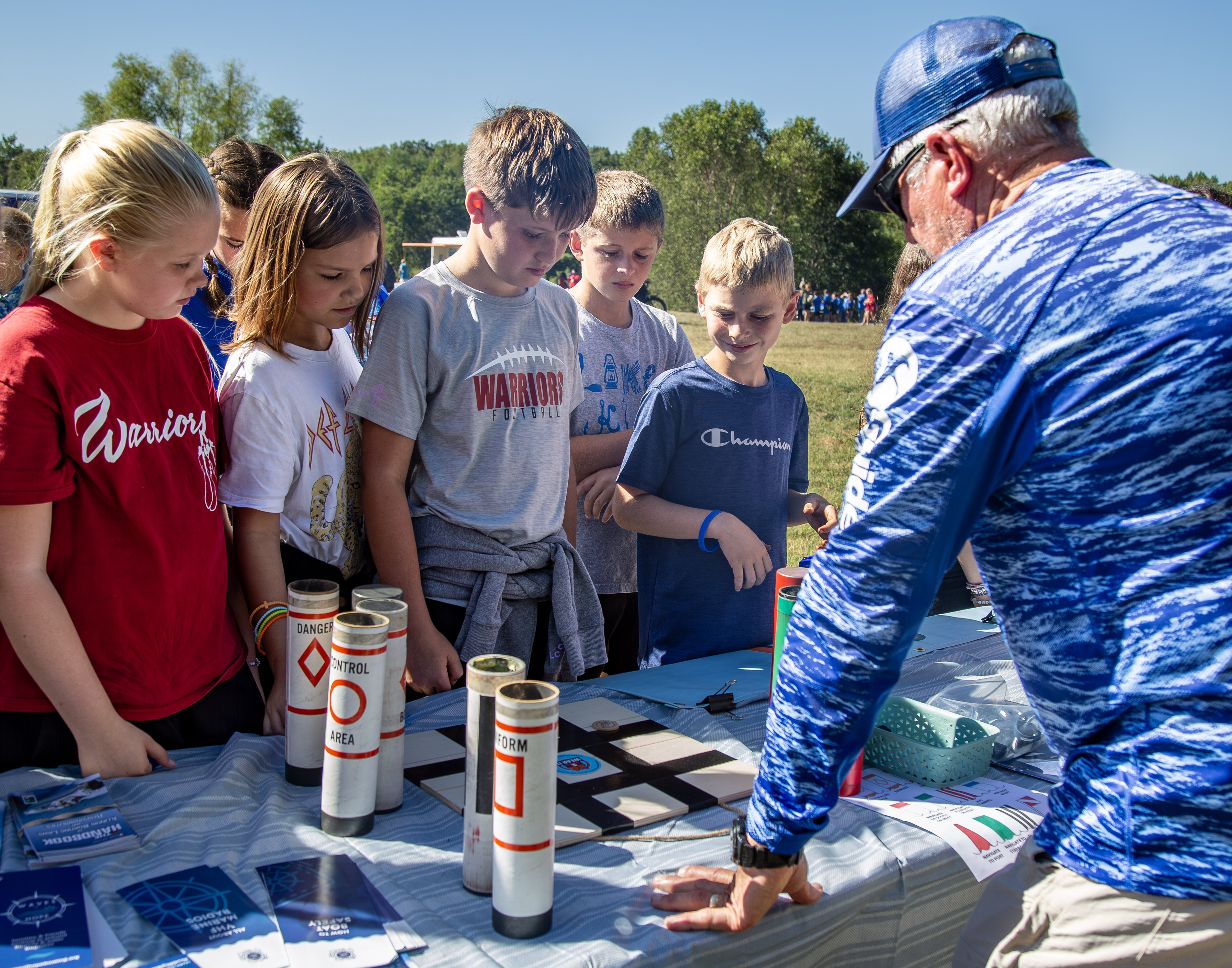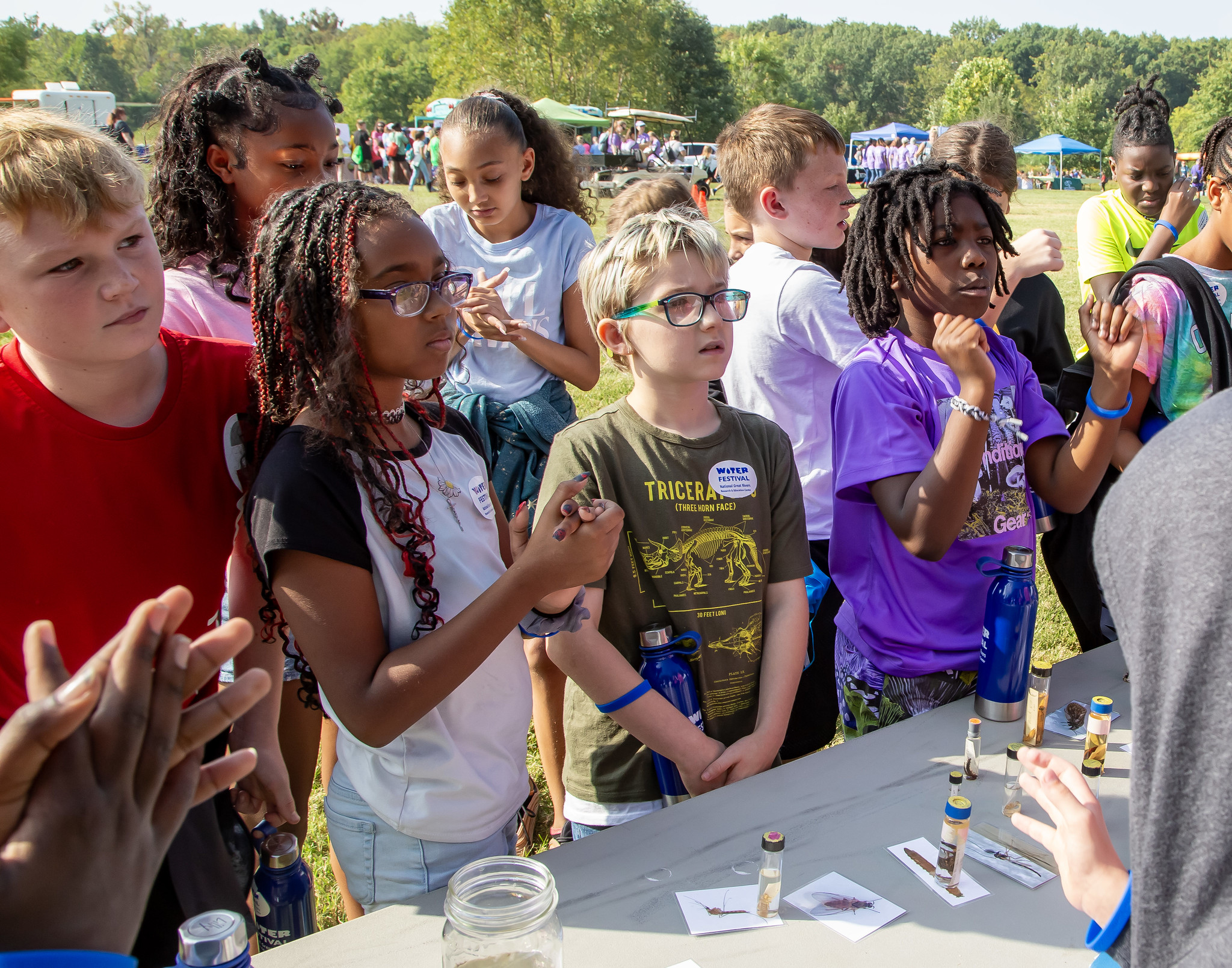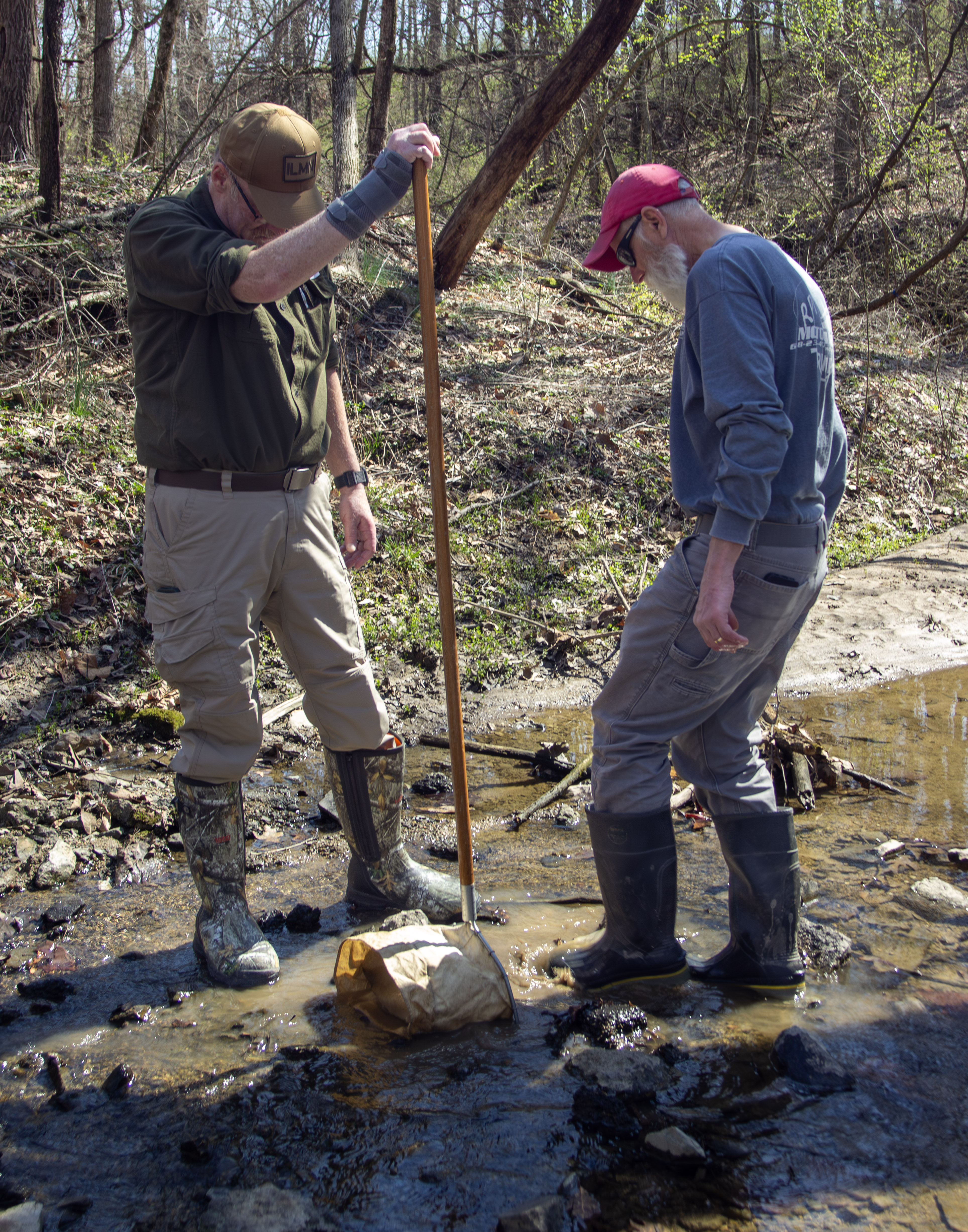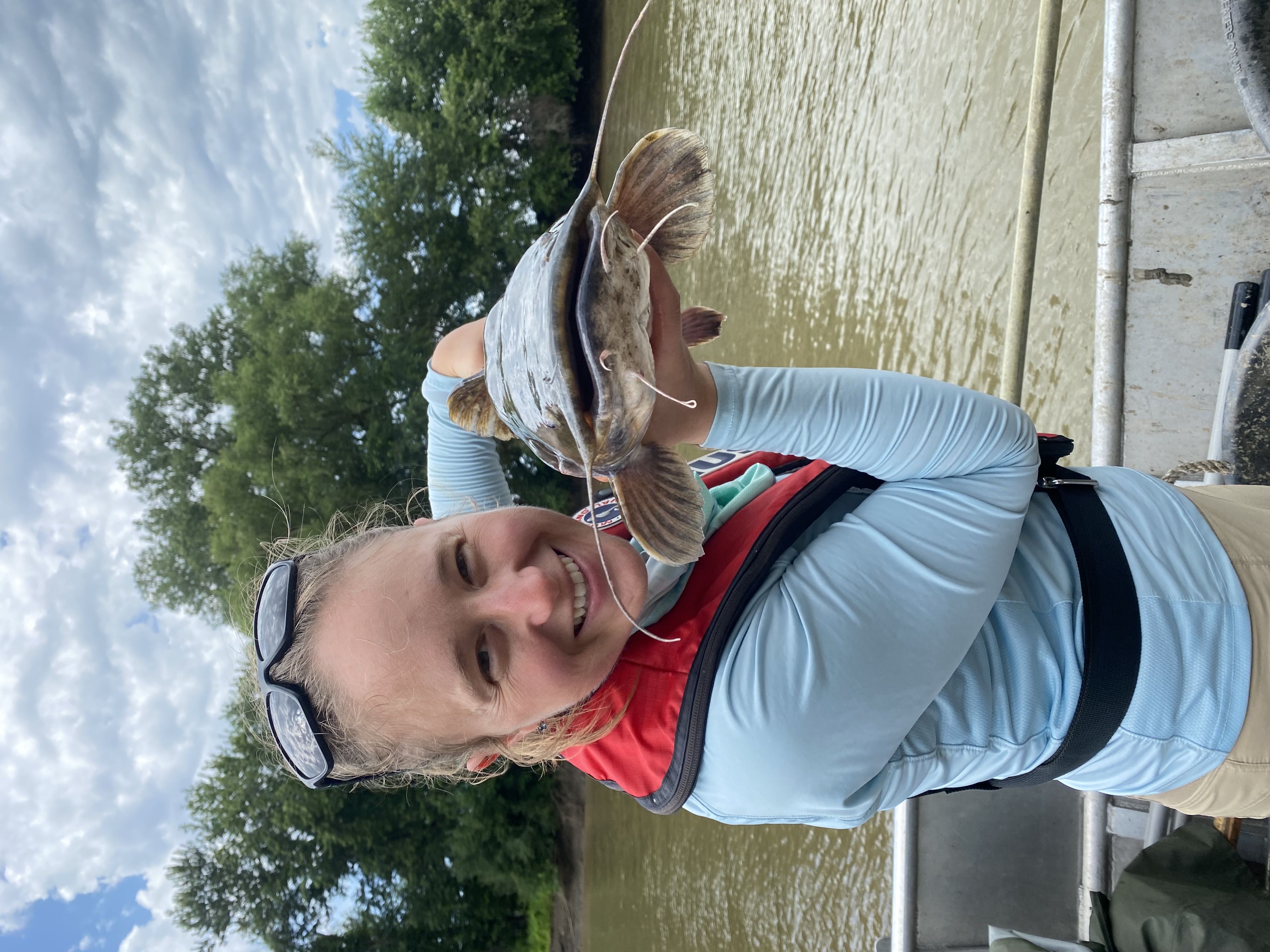
EAST ALTON – The National Great Rivers Research and Education Center (NGRRECsm) is excited to welcome Andrya Whitten Harris, Large River Fisheries Ecologist for the Illinois Natural History Survey, as the featured guest speaker for the upcoming SEED Series event from 10 a.m. – noon, Tuesday, May 20, at the Jerry F. Costello Confluence Field Station in East Alton.
This free public event offers a fascinating look into the fish communities of the Illinois River, which joins the Mississippi River just upstream from the Field Station.
“We’re thrilled to host Andrya and share her work with our community,” said Environmental Educator Erica Doerr. “This event offers a rare opportunity to blend science, art, and conservation in a meaningful and memorable way.”
Harris, based at the Illinois River Biological Station in Havana, Illinois, brings a wealth of expertise through her work on the Long-term Survey and Assessment of Large-River Fishes in Illinois (LTEF). Her research helps guide conservation priorities and evaluates native and non-native species trends using long-term ecological data.
In addition to learning about local aquatic ecosystems, attendees will have the chance to explore the ancient Japanese art of Gyotaku (fish printing). This hands-on activity provides a creative way to engage with science and celebrate the rich biodiversity of our rivers.
“Whether you're a nature enthusiast, an artist, or simply curious about the waters that flow through our region, we invite you to be part of this immersive event,” Doerr said. “Come discover the wonders of Illinois river life—and leave with your own fish print!
No registration is required. All ages are welcome.
National Great Rivers Research and Education Center (NGRREC℠)
Founded in 2002 as a collaborative partnership between the University of Illinois at Urbana-Champaign and Lewis and Clark Community College, NGRREC is dedicated to the study of great river systems and the communities that use them. The center aspires to be a leader in scholarly research, education, and outreach related to the interconnectedness of large rivers, their floodplains, watersheds, and their associated communities. To learn more about NGRREC, visit www.ngrrec.org.

